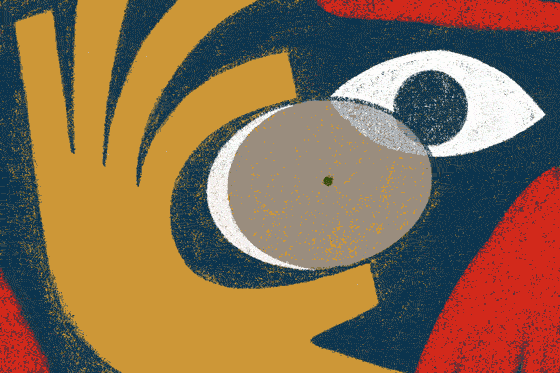David McAdams | Applying Economics and Game Theory to Evolution
Applying Economics and Game Theory to Evolution Can Slow Antibiotic Resistance
New model demonstrates how to manage adverse evolution with policy, behavior changes
From antibiotic-resistant bacteria to pests that threaten to undermine global food production, the world is facing harmful evolution that has been accelerated by human behavior.
In a new paper in the journal PLOS Biology, researchers suggest that in order to slow this adverse evolution, experts must view the problem through a lens of economics, studying human behavior and how behavior changes could result in long-term economic benefit.
“Evolution can be sped up or slowed down by human behavior, and therefore, can be managed,” said David McAdams, an economist at Duke University’s Fuqua School of Business and an author of “The Economics of Managing Evolution.”
“Evolution responds to biological changes, but it can also respond to policy changes," he said. “So we must think about the theory of evolution while also factoring in human behavior, or economics.”
In their research, McAdams and collaborators from Queen’s and Penn State universities present mathematical formulas to determine when it is economically beneficial to invest in measures to manage evolution, such as when it’s beneficial for a farmer to intentionally plant an unprotected corn crop that will be destroyed by the Western corn rootworm.
In the short term, planting this sacrifice to pests makes the farmer’s overall crop smaller. In the long-term, luring the pests to consume unprotected corn could stop the larvae from becoming immune to the methods used to control it. This means current genetic modifications to corn plants that protect against rootworm damage could work on the pest for many more years, McAdams explained.
The researchers take the mathematical model further by implementing game theory, which analyzes how individuals’ decisions are interconnected and how they impact each other – such as how doctors treat superbug infections and whether those infections spread to other patients in a clinic or hospital.
“In the example of antibiotic-resistant bacteria, hospitals could go above and beyond to control the spread of superbugs through methods like contact-tracing,” McAdams said. “This would be an additional cost on their part that doesn’t necessarily provide immediate benefit. Alone, one hospital may not have a financial incentive to do this, but a game-theory analysis shows if every hospital took this additional step, they would all benefit economically from slowing the evolution of these bacteria. Game theory gives you a systematic way to think through those possibilities and maximize overall welfare.”
This story may not be republished without permission from Duke University’s Fuqua School of Business. Please contact media-relations@fuqua.duke.edu for additional information.

